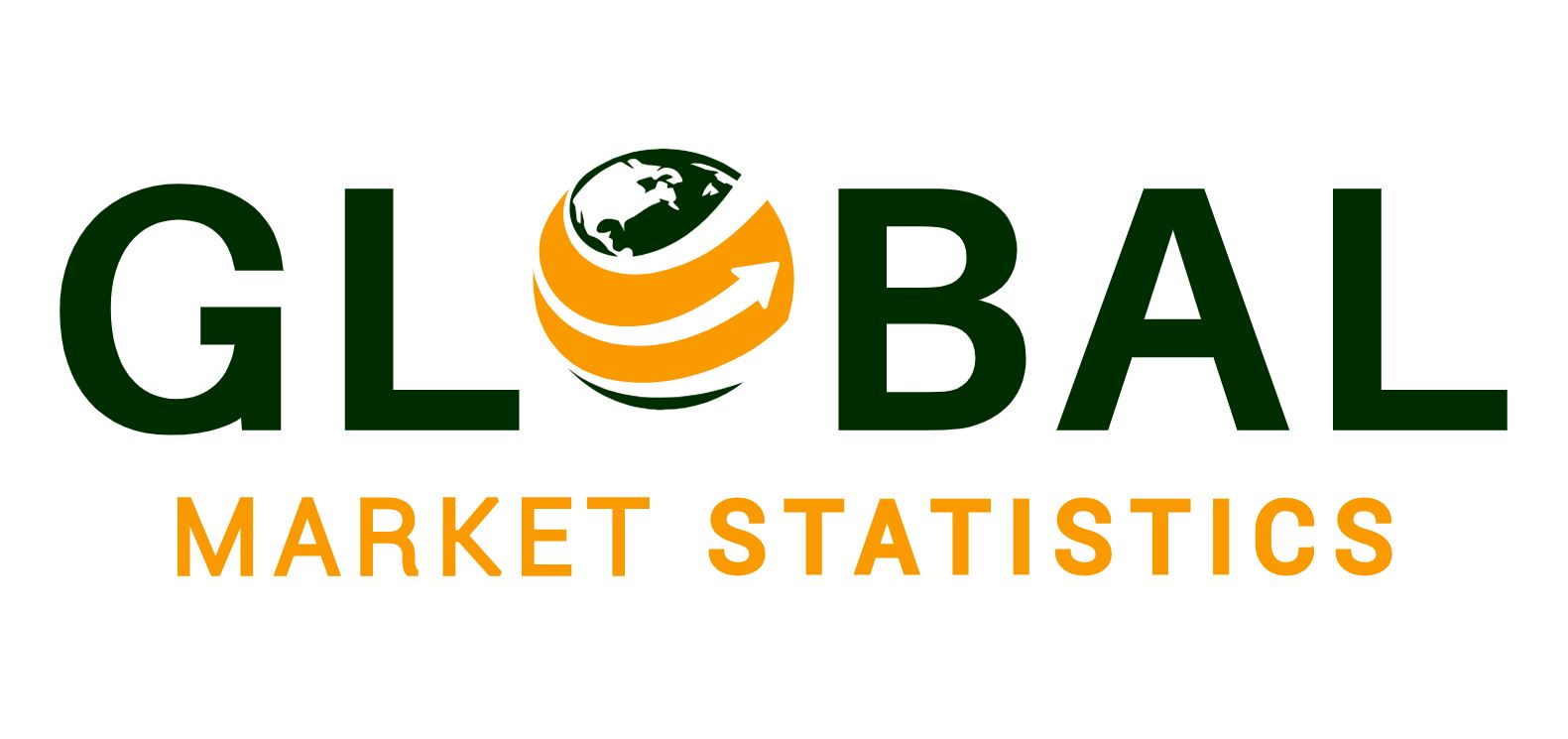Data Analytics Market Outlook
The global data analytics market size reached a value of USD 54.37 billion in 2023. Propelled by the growing demand for data-driven decision-making across industries and the increasing adoption of advanced analytics tools, the market is projected to grow at a CAGR of 20.6% between 2024 and 2032, reaching a value of USD 293.42 billion by 2032.
Data analytics involves examining raw data to draw conclusions and insights, which help organizations make informed decisions. The field encompasses various types of analytics, including descriptive, diagnostic, predictive, and prescriptive analytics, each serving distinct purposes in interpreting and utilizing data. Data analytics has become central to industries ranging from retail and healthcare to finance and logistics, as organizations leverage analytics to enhance productivity, optimize operations, and improve customer experiences.
Growing Demand for Data Analytics Market Growth
The global data analytics market is primarily driven by the increasing demand for data-driven decision-making. As businesses strive to remain competitive in a rapidly evolving landscape, the ability to leverage data to make informed decisions has become essential. Organizations are now investing heavily in data analytics solutions to understand customer behavior, streamline operations, and improve overall efficiency.
With the proliferation of digitalization, companies across industries generate vast amounts of data daily. By analyzing this data, they can gain actionable insights that drive strategic planning, optimize resource allocation, and boost productivity. This demand for analytics to transform data into valuable insights is anticipated to remain a key driver of market growth.
Additionally, the rising adoption of big data and cloud-based analytics is significantly contributing to market expansion. Big data allows organizations to process and analyze extensive datasets, which, when coupled with cloud-based platforms, provides scalable and flexible solutions for data storage and processing. These capabilities enable businesses to handle complex data workloads cost-effectively, fueling the adoption of data analytics solutions.
Get a Free Sample Report with a Table of Contents: https://www.expertmarketresearch.com/reports/data-analytics-market/requestsample
Technological Advancements in AI and Machine Learning Propel Market Expansion
The data analytics market is witnessing substantial growth due to technological advancements, particularly in artificial intelligence (AI) and machine learning (ML). AI and ML technologies are increasingly being integrated into analytics platforms to enable predictive and prescriptive analytics, which are essential for forecasting trends and making proactive decisions. Through machine learning algorithms, data analytics tools can uncover patterns and make predictions based on historical data, allowing businesses to stay ahead of market trends and mitigate potential risks.
Predictive analytics, which uses historical data to forecast future outcomes, is particularly valuable in industries such as finance, healthcare, and retail. For example, in finance, predictive analytics helps detect fraud and assess credit risk, while in healthcare, it aids in diagnosing diseases and managing patient care. This broad application of AI and ML in analytics is driving demand for data analytics tools across sectors.
Moreover, natural language processing (NLP), a branch of AI, is enhancing data analytics platforms by allowing users to interact with data using conversational language. This advancement has made data analytics more accessible to non-technical users, thereby expanding its applicability within organizations and boosting market demand. NLP-driven analytics tools enable employees without data science backgrounds to analyze data, facilitating data democratization and promoting a data-driven culture within companies.
Read Full Report with Table of Contents: https://www.expertmarketresearch.com/reports/data-analytics-market
Data Analytics Market Segmentation
The market can be divided based on type, solution, deployment mode, application, organization size, end use and region.
Breakup by Type
- Prescriptive Analytics
- Predictive Analytics
- Customer Analytics
- Descriptive Analytics
Breakup by Solution
- Security Intelligence
- Data Management
- Data Monitoring
- Data Mining
Breakup by Deployment Mode
- On-Premises
- Cloud
Breakup by Application
- Supply Chain Management
- Enterprise Resource Planning
- Database Management
- Human Resource Management
- Others
Breakup by Organization Size
- Small and Medium Enterprises
- Large Enterprises
Breakup by End of Use
- BFSI
- IT and Telecom
- Healthcare
- Transport and Logistics
- Retail and E-Commerce
- Media and Entertainment
- Others
Market Breakup by Region
- North America
- Europe
- Asia Pacific
- Latin America
- Middle East and Africa
Competitive Landscape
Some of the major players explored in the report by Expert Market Research are as follows:
- SAP SE
- Oracle Corp.
- IBM Corp.
- Amazon Web Services, Inc.
- Teradata Corporation
- Salesforce Inc.
- Accenture Plc
- Tableau Software, LLC
- SAS Institute Inc.
- Sisense Ltd.
- QlikTech International AB
- Zoho Corporation Pvt. Ltd.
- Others
Challenges and Opportunities
While the global data analytics market is on a growth trajectory, it faces several challenges. Data privacy and security concerns represent a significant barrier, as companies are dealing with large volumes of sensitive information. High-profile data breaches and privacy concerns have made consumers increasingly cautious, pressuring organizations to implement stringent security measures. Ensuring data security while maintaining access for analytics purposes requires complex and costly solutions, which can be challenging for smaller organizations.
However, these challenges also present opportunities for market players. The rising demand for secure data analytics solutions has spurred the development of advanced cybersecurity features in analytics platforms, including encryption, access controls, and real-time threat monitoring. As data privacy regulations continue to evolve, companies specializing in secure data analytics are expected to gain a competitive advantage, driving further innovation in the market.
Another notable trend in the data analytics market is the emergence of edge analytics, which involves processing data closer to the source rather than relying solely on centralized cloud-based systems. Edge analytics reduces latency, enables real-time decision-making, and enhances data security by minimizing data transfers. This technology is particularly valuable in sectors such as manufacturing, where real-time monitoring and control are essential for operational efficiency.
Evolving Market Trends and Future Prospects
Several emerging trends are shaping the future of the data analytics market. One such trend is the increasing adoption of self-service analytics, which enables users to generate insights independently without relying on data scientists. Self-service analytics platforms are designed to be user-friendly and intuitive, allowing business users to create reports, analyze data, and generate insights on their own. This democratization of analytics fosters a data-centric culture within organizations, making data-driven decision-making more accessible and widespread.
Another key trend is the growing adoption of data analytics in small and medium-sized enterprises (SMEs). While data analytics has traditionally been used by large organizations, SMEs are now recognizing its benefits in optimizing operations and gaining insights into customer behavior. The availability of cost-effective and scalable cloud-based analytics solutions has made it easier for smaller organizations to harness the power of data analytics, thus broadening the market’s reach.
The integration of analytics with other emerging technologies, such as the Internet of Things (IoT) and blockchain, is also anticipated to create new opportunities. IoT generates massive amounts of data, which, when analyzed, can provide valuable insights into asset performance, supply chain efficiency, and customer interactions. Blockchain, on the other hand, offers a secure and transparent way to store and manage data, making it a valuable complement to data analytics, particularly in finance and supply chain management.
Media Contact:
Company Name: Claight Corporation
Contact Person: George buttler, Corporate Sales Specialist – U.S.A.
Email: [email protected]
Toll Free Number: +1-415-325-5166 | +44-702-402-5790
Address: 30 North Gould Street, Sheridan, WY 82801, USA
Website: http://www.expertmarketresearch.com
Aus Site: https://www.expertmarketresearch.com.au



